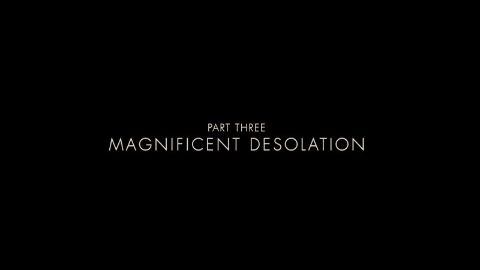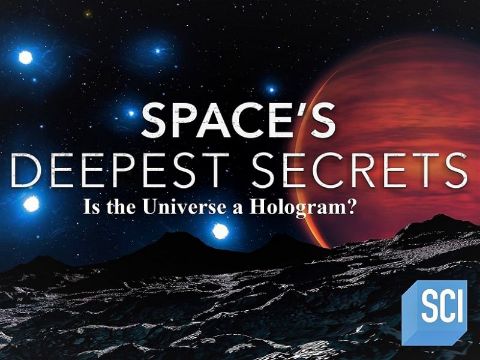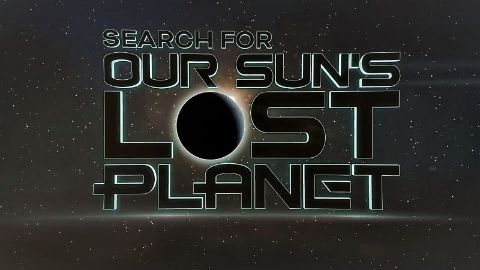Moon Landing Special • 2019
To celebrate the Apollo moon landing's 50th anniversary, Professor Brian Cox and Dara O Briain travel to where the historic Apollo 11 mission began – Cape Canaveral in Florida. They hear first hand from astronaut general Charlie Duke what it was like to guide Neil Armstrong and Buzz Aldrin to the surface of the Moon in the Lunar Lander and how he followed in their footsteps three years later. They also look at the most exciting new developments and, with privileged access, they broadcast from the top of launch tower that is being prepared for crewed missions and from the assembly line of a spacecraft factory. They are joined by astrophysicist and medic Dr Kevin Fong and mathematician Dr Hannah Fry, who explore the latest developments in human space flight - from cutting-edge spacewalk technology to a future Mars buggy.
Make a donation
Buy a brother a hot coffee? Or a cold beer?
Hope you're finding these documentaries fascinating and eye-opening. It's just me, working hard behind the scenes to bring you this enriching content.
Running and maintaining a website like this takes time and resources. That's why I'm reaching out to you. If you appreciate what I do and would like to support my efforts, would you consider "buying me a coffee"?
Donation addresses
BTC: bc1q8ldskxh4x9qnddhcrgcun8rtvddeldm2a07r2v
ETH: 0x5CCAAA1afc5c5D814129d99277dDb5A979672116
With your donation through , you can show your appreciation and help me keep this project going. Every contribution, no matter how small, makes a significant impact. It goes directly towards covering server costs.





